Every cliché you’ve ever heard about babies is true, it seems. They are soft and warm, cute and lovable. And it’s a good thing they are, otherwise we wouldn’t so gladly put up with the fact that they’re so demanding and so much, yes, let’s say it, so much trouble.
This flip side of being a parent has, for centuries, been countered with just one response: the dogged insistence that the adoration you feel for your child makes all the sacrifices worthwhile. “It’s the toughest job you’ll ever love,” you are told, and you want so much to believe that.
Also read: Heal Thy Self | Clinically proven strategies to overcome Social Anxiety
This mantra of parenting, however, ignores an inconvenient truth: that, although many parents happily take to their new role, millions around the world every year experience significant psychological distress in response to becoming a parent. And much of this distress isn’t caused simply by a hormonal epiphenomenon of the birth process. It is driven in large measure by the bleak and altered circumstances that new parents often face. The fact that psychiatric illness after the birth of a baby can assail not only mothers but also fathers underlines the truth that it is not simply hormonal factors that are to blame.
For far too long, it had been assumed that only the mother faced risks to her emotional health post-delivery, and the risk was summed up in one condition, called post-partum depression or post-natal depression. Today, we know better. Not only does the birth of a baby lay siege to the mental health of both parents, but the risks encompass more than just post-partum depression. In a few cases that have stunned the world, mothers have killed their babies but, when diagnosed as suffering from post-partum psychosis, have had the conviction overturned, or the sentence commuted, on grounds of insanity.
Recent studies have produced some significant findings:
One study found that, 3 to 6 months post-delivery, depression rates stood at 42 % among mothers and 26 % among fathers.
» A long-term study found that, across the first five years of parenthood, men on average experienced significant increases in depression symptoms (if and only if they lived with their child).
» A number of studies have found that levels of daytime fatigue are similar in both parents of an infant.
» Here is the gamut of mental health disruptions that may beset either or both parents, and how to lower your own risks.
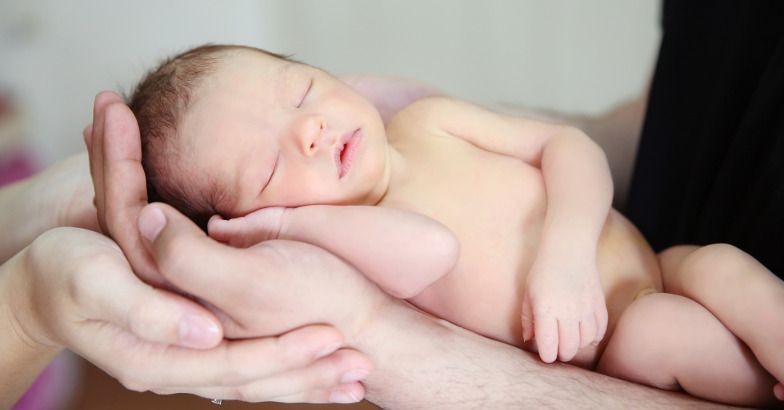
Attachment problems
Most new parents expect an instant bonding with their baby, but for some parents this doesn’t happen. The apparent disconnect can bring on feelings of guilt, stress and disappointment.
It’s important to know that it may take a few days or even a couple of weeks to feel a bonding with your baby, and this is well within the parameters of “normal”. Support and rest can help. But if you feel little or no connection with your baby even after two weeks, you may be distant or withdrawn in your interaction with your newborn, feeling a kind of numb emptiness. You may even begin to react negatively to the baby. If this happens, it is important to talk to a health professional about how you’re feeling.
“Baby blues”
During the first week after birth, up to 80 % of mothers experience what are called the Baby Blues. This is a period during which new mothers are usually quite sensitive and they might cry, be irritable, feel anxious and have mood swings. These symptoms are mainly caused by hormonal changes occurring after childbirth (but also by non-hormonal causes including poor sleep, worries about your ability to be a good mother, having less time and freedom for yourself, and changes in work and social relationships). The “baby blues” tend to peak 3 - 5 days after delivery but normally go away in a few more days without any treatment. The process can be helped along with understanding, support and help in learning how to care for a baby.
If symptoms go on longer than 2 weeks, however, it could be the start of post-partum depression, and needs medical attention.
Post-natal depression
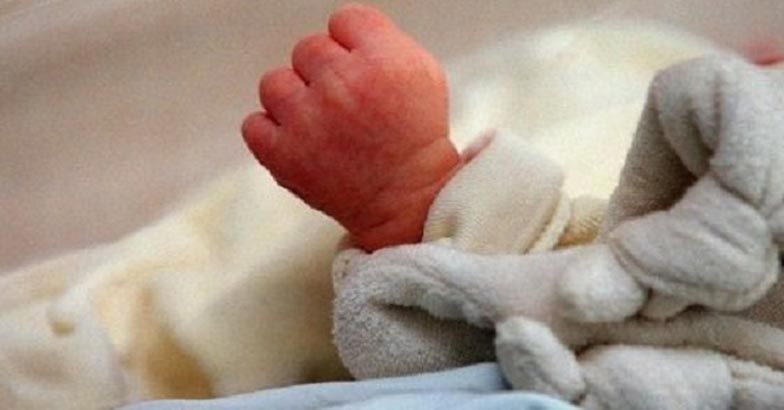
Depression may occur soon after delivery (generally within the first 3 months after giving birth) or up to a year later. (Sometimes, depression starts before or during pregnancy and then continues after childbirth).
Many cases of depression are not recognised by women, their partners, family and friends. If left untreated, post-natal depression may develop into a chronic condition or come back in a subsequent pregnancy.
The symptoms of post-natal depression include:
» Low mood
» Feeling inadequate, like a failure, guilty, ashamed, hopeless, helpless, empty or sad
» Often feeling close to tears
» Feeling angry, irritable or resentful (e.g., easily irritated by your other children or your partner)
» Fear for the baby
» Not enjoying or being interested in usual activities
» Insomnia or, alternatively, over-sleeping
» Appetite changes (eating poorly, or over-eating)
» Feeling unmotivated and unable to cope with the daily routine
» Decreased energy and feeling exhausted
» Withdrawing from social contact and/or not looking after yourself properly
» Having trouble thinking clearly or making decisions; lack of concentration and poor memory
» Having thoughts about harming or killing yourself.
Also read: Heal Thy Self | Are you being emotionally cheated by your partner?
If you experience some of these symptoms, talk about your treatment options with a health professional. Some symptoms (e.g., decreased energy, exhaustion, poor concentration, fuzzy thinking, poor memory) can also result from a lack of sleep – which often happens with a new baby. A health professional will help work out if the symptoms are within the normal range, or whether they could indicate depression.
If you think your partner or baby would be better off without you, or if you are having thoughts of suicide, seek professional help immediately.
The treatment for post-natal depression often includes medication, talk therapy or both. Support groups can be helpful in dealing with post-natal depression, but they cannot replace medication or therapy.
How you can help yourself
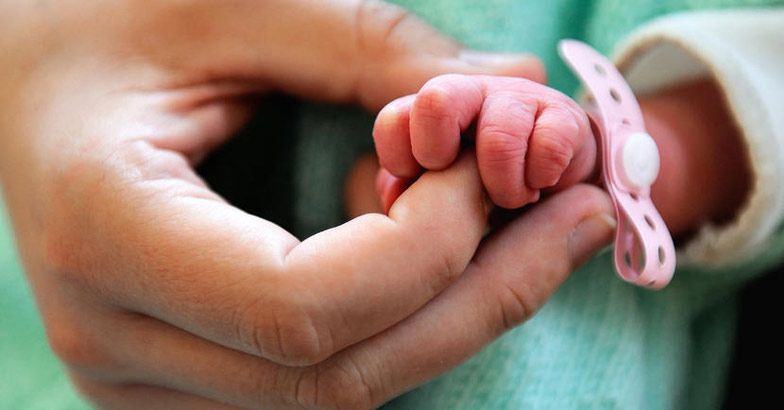
» Ask your partner, family and friends for help with the baby’s needs and in the home.
» Don’t hide your feelings. Talk about them with your partner, family and friends.
» Don’t make any major life changes (such as shifting into a new flat) during pregnancy or right after giving birth.
» Don’t try to do too much, or to be the perfect mother (there probably isn’t such a person in existence).
» Make time to go out, visit friends, or spend time alone with your partner.
» Rest as much as you can. Sleep when the baby is sleeping.
» Talk with other mothers or join a support group.
Post-natal anxiety
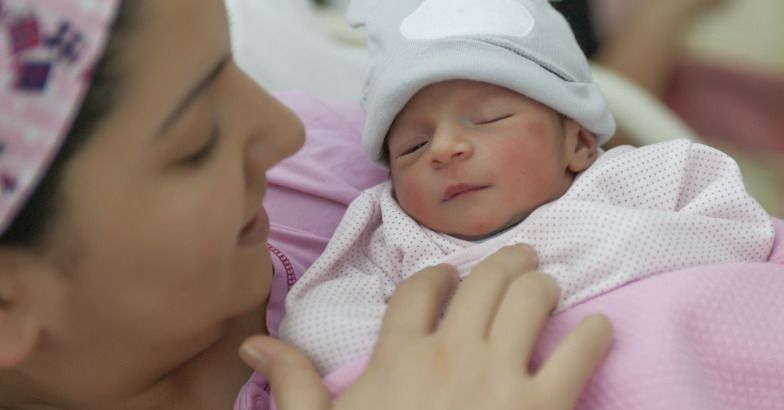
A little worry or anxiety is normal for parents of a newborn. But too much anxiety and stress (what is described as a “clinical level of anxiety”) will affect your ability to cope with the challenge of caring for an infant. Such a level of anxiety is marked by a feeling of being constantly on edge, unable to enjoy the experience of motherhood. You might find yourself repeatedly checking to see if your baby is still moving; constantly stressed over whether the baby is getting enough sleep; unable to relax and switch off even though you are exhausted. The unrelenting worry about whether you are doing things “right” can lead to low self-confidence and a belief that you are a bad mother. You might even fear that you are losing control or going crazy.
A sudden surge of overwhelming anxiety and fear can bring on a panic attack. This is an acutely physical experience marked by shortness of breath, hyperventilating, dizziness or feeling weak, numbness and tingling and / or muscle cramps, chest pain (or tightening) and pounding heart, leading sufferers to think they are having a heart attack or dying.
You need to talk to a health professional if you experience any of the following symptoms:
» Anxiety or fear that interrupts your thoughts and interferes with daily tasks
» Feeling constantly irritable, restless or “on edge”
» Taking a long time to fall asleep at night
» Panic attacks
Also read: Heal Thy Self | How to escape the lethal trap of loneliness
Stress reactions
After a difficult or traumatic labour and / or delivery, a woman may suffer what is called an “Acute Stress Reaction” – marked by disrupted sleep, anxiety, irritability, anger, numbness, difficulty in concentration, flashbacks of the experience, nightmares, crying spells that come on without warning. With the support of family members and close friends, most new mothers suffering from “Acute Stress Reaction” will get better on their own, without any professional intervention, within about two weeks.
But there is a significant minority of mothers in whom the symptoms of “Acute Stress Reaction” do not resolve. If they persist beyond a month and if certain other criteria are met, the diagnosis might change to “Post-Traumatic Stress Disorder” (PTSD), which is quite a different can of worms. In PTSD, the fight-or-flight response that is triggered in the body when a person feels under threat (a traumatic delivery, for example) is changed or damaged. The person may feel stressed or frightened even when she is no longer in danger.
The three main criteria for diagnosing PTSD are:
1. Re-experiencing the trauma mentally. The mother may “re-live” the birth in her mind. She may have flashbacks about how difficult the delivery was, and even nightmares.
2. Avoidance of triggers related to the trauma, and emotional numbing. She might avoid talking about the birth, or be unable to recall parts of the event. She may avoid visiting the hospital, or she may dread another pregnancy. She may act as if she is on “auto-pilot”, feeling detached from others and becoming emotionally numb.
3. A heightened state of arousal. She may have trouble sleeping and concentrating. She may feel irritable or be easily startled or frightened. She may show hyper-vigilance, as if constantly on guard against a repetition of the trauma.
A difficult or traumatic delivery may also have a very big impact on the partner who witnessed it. He might have felt helpless and afraid that the mother or baby would not survive it.
Both parents can benefit from talking about the experience to help make sense of what happened. Specific counselling tailored to the problem is usually helpful in treating the symptoms, and therefore getting an appropriate referral is important.
Post-partum psychosis
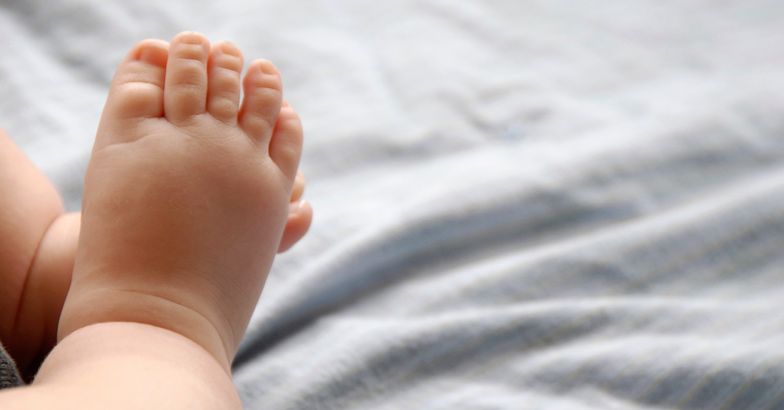
This is a rare post-natal disorder affecting only 1 or 2 in every 1000 mothers. But it is a very serious condition, carrying the risk of harm for the mother or her infant (or both). It should not be confused with post-natal depression.
Symptoms of post-partum psychosis usually appear within 3 days to one month of childbirth. They develop very rapidly, within hours. Mothers with a personal or family history of bipolar disorder or schizophrenia, or who experienced psychosis after earlier pregnancies, are most at risk.
Women with post-partum psychosis often experience the following symptoms:
» Hyper-arousal (increased physical and emotional tension)
» Excessive euphoria (intense feeling of well-being)
» Significantly reduced need for sleep
» A tendency to be very argumentative, or confused
» Behaviour may be erratic (not consistent or predictable)
» Delusions (unusual beliefs, which are not based in reality – e.g., believing that her husband, a maid or the government is “out to get her”).
» Hallucinations (e.g., seeing or hearing things that aren’t there – a common hallucination is hearing voices)
The management of post-partum psychosis normally involves urgent assessment, medication, hospital admission, and help looking after the baby. The problem can recur in future pregnancies (between 25 - 75% of cases). As such, women who experience this condition – along with their partners – could greatly benefit from follow-up counselling to assist with planning future pregnancies.
Who's most at risk?
Research shows that some factors increase the risk of developing mental health problems after the birth of a baby. These include:
» A personal or family history of mental health issues
» Depression or anxiety during pregnancy
» A lack of practical and emotional support
» Relationship difficulties
» Stressful events (e.g., recent loss of a loved one, loss of a job)
» An anxious, perfectionist personality, or being a “worrier”
» Low self-esteem, especially being very critical of yourself
» Severe pre-menstrual syndrome (PMS)
» Medical complications during the pregnancy, labour or delivery (for mother or baby)
» Unplanned pregnancy, being unsure about having a baby
» Being a single parent
» Childhood or past abuse, assault or trauma
How partners can help

Choose a time when you are both calm and not too distracted, and talk about some of the things you’ve noticed in your spouse.
Try to be patient and supportive, even when you’re both tired and cranky. The adjustment from a partnership to a family of three (or more) takes time.
Plan some time together as a couple. Your relationship with each other needs nurturing, too. Remember, you did not have this baby to end your relationship.
Try to do some activities together that you enjoyed before you had your baby. This will need extra planning now, but it is important for you to enjoy doing things as a couple, not just as someone else’s parents all the time.
Encourage your partner to seek professional help if you notice she is depressed or anxious. Major depression and anxiety issues do not usually fix themselves.
Fathers at risk

Not surprisingly, depression, anxiety and other psychiatric problems in fathers are also quite common in the year following childbirth. The biological risk factors for them include changes in hormones such as testosterone and cortisol; situational risks include the excessive stress from becoming a parent, lack of social supports for parenting, and feeling excluded from mother-infant bonding.
The risk for depression is higher among those men whose partners are depressed. Many men do not feel comfortable seeking help for any kind of health issue, but it is very important that problems like depression and anxiety are assessed and treated. Consider your family and the impact your health and well-being has on them.
How you can help yourself
Avail of paternity leave if you’re entitled to it.
If not, see if you can negotiate flexible working hours to better suit family life.
Talk to friends or colleagues who’ve recently become fathers. You’ll be surprised how much you have in common now.
Have a health check-up if you’re feeling tired, cranky and low in energy: it might be post-natal exhaustion (men get it too).
Don’t expect to be superman! You can’t always fix everything that goes wrong.
Tips for mothers on how to support a father

Encourage him to be involved in the care of the baby. His confidence will increase the more involved he is, and it will also help build his relationship with his child (while taking some pressure off you).
Give him some credit – he might be a lot more capable in his role as a father than you believe! Also, just because he does something differently from how you do, it doesn’t mean it’s “wrong”. Give him a little space to explore fatherhood without you “watching over” him or giving advice.
Remember – you will both need “time-out”, away from each other and from the baby. Also remember to take “time-out” together to be a couple, however short those breaks may be.
(The author, a former editor of 'Health & Nutrition' magazine, now works as a counselling therapist)

























